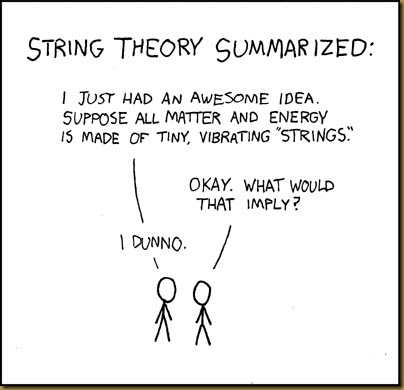Still reading the Cook and Brown (1999) Bridging epistemologies article from yeseterday. Would have gotten it completed today (even though I taught at Pace University in the Doctor of Nursing Practice Program today, where I am co-teaching NURS 840: Teaching and Learning in Advanced Practice Nursing), but I had a request for more revisions for an article that is scheduled to be published later this year. The problem—the revisions are a RUSH, and due by Sunday.
Farewell weekend 🙁
Anyway, one of the items in Cook and Brown is their assessment of interaction with the social and physical worlds comes from Jose Ortega y Gasset, one of many great thinkers I have never read (though I did just order his book of essays, History as a System , after the authors made several references to it). I was particularly touched with this:
, after the authors made several references to it). I was particularly touched with this:
Ortega abandoned the frame of the abstracted, analytic thinking self and throughout his work approached questions of epistemology, action, etc. from the perspective of ‘myself within this context.” For Ortega, what we can know and what we can do are not discoverable through an abstract Cartesian though experiment, but are products of ongoing concrete interaction between “myself” (or “ourselves”) and the specifics of the social and physical “context” or “circumstances” we are in at any given time (p. 389).
I really like the emphasis on the individual bringing meaning to this or that experience based on the context, and while this is generally considered American Pragmatism, I am now wondering if pragmatism is merely another frame of constructivism, just captured in time? In another way, is pragmatism an episode of constructivism?
Quote interesting this writing about my doctoral studies each day . . .
has separated out from the others (like positivism or critical theory), then it occurred to me that pragmatism is doing something based completely on the context. In other words, it is constructing a method or approach to an issue as needed. This sounds surprisingly like constructivism, just reconstructed in time as needed and when needed.

